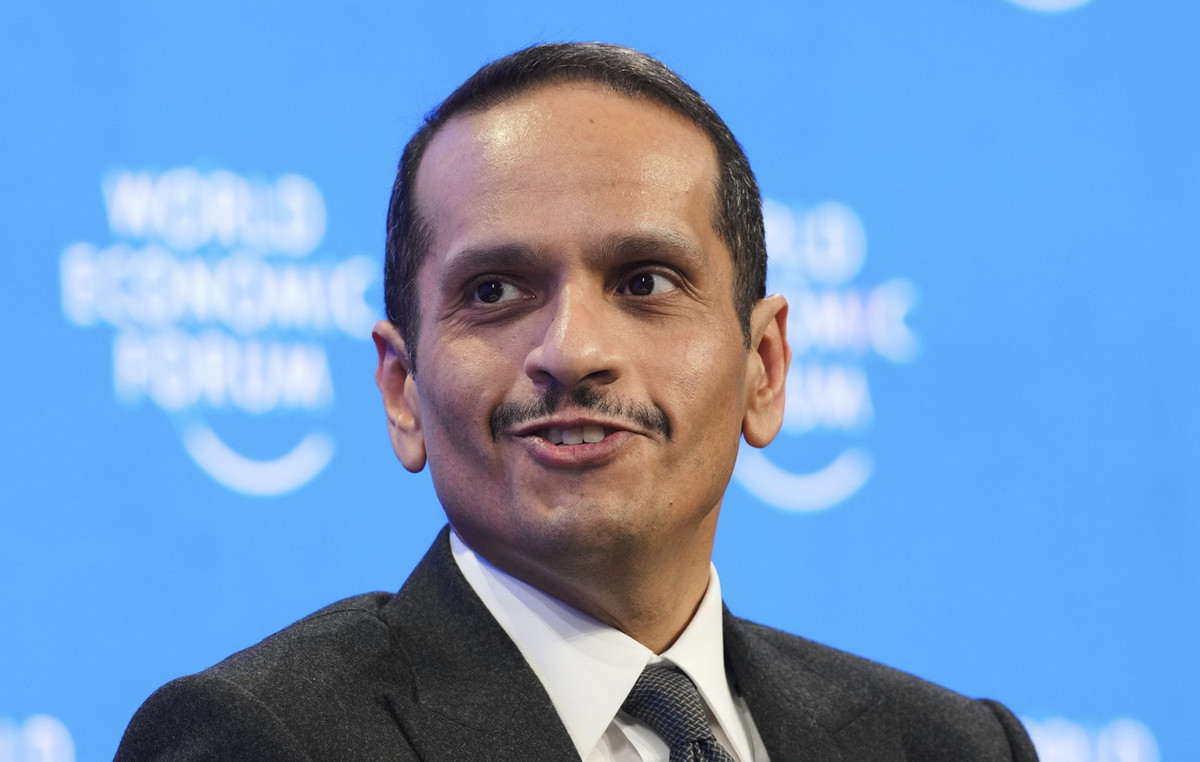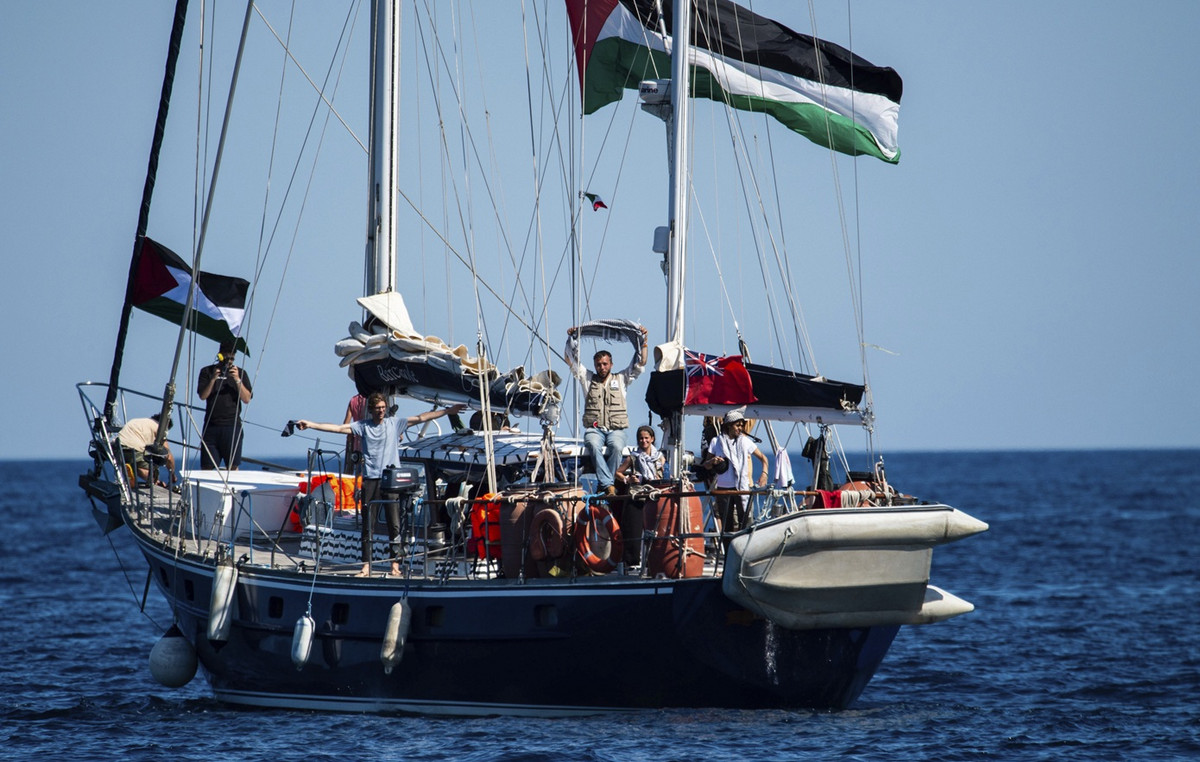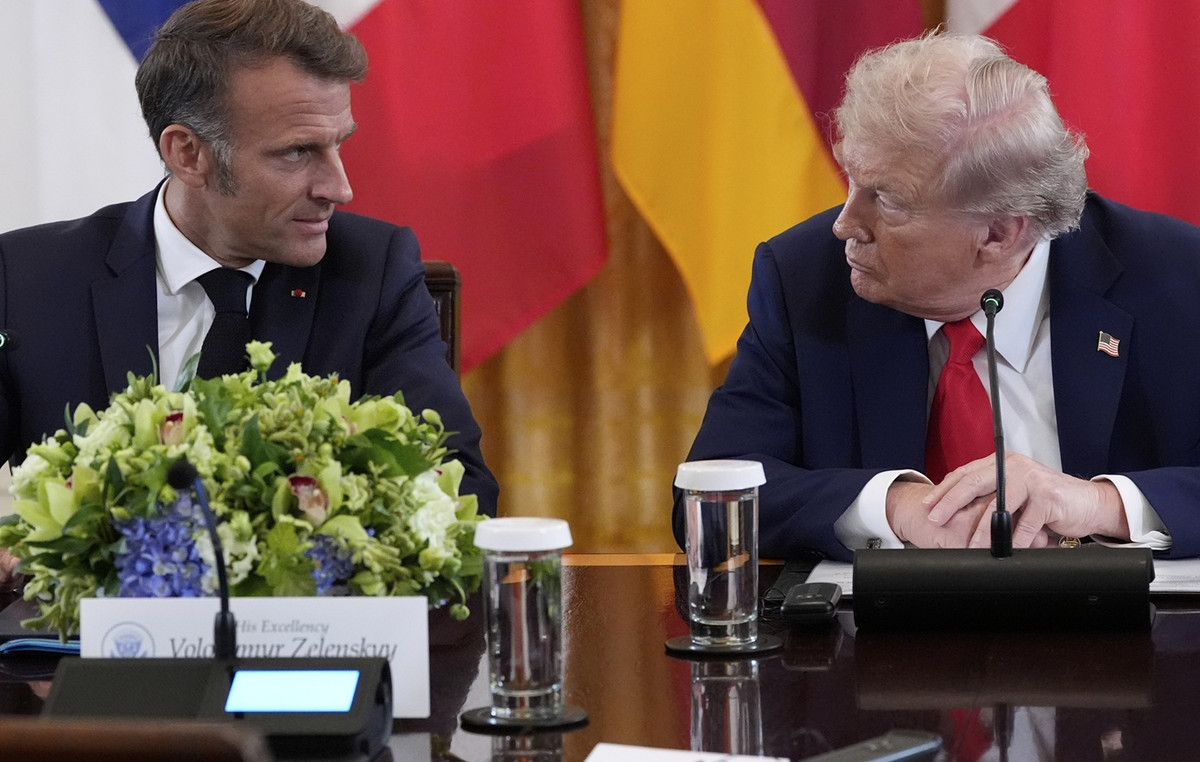With a year to go until graduation, Ziv Zinger, 17, hopes to start the academic year on Sept. 1, like other students in Israel. But that hope remains elusive for him and others in the country’s Northern District, who are dealing with the reality of displacement as Israel’s conflict with Hezbollah in Lebanon drags on without resolution.
He is among more than a thousand students who, before the October 7 war, attended the Har VaGai Regional Secondary School in the kibbutz (agricultural commune) of Dafna, less than three kilometers from the Lebanese border.
The school was forced to close when Israel ordered border communities to evacuate, while the Israeli army and Hezbollah began exchanging fire. Last month, a rocket exploded in the school’s empty gymnasium.
Some 62,000 Israelis have been displaced from their homes in the north of the country since the evacuation order was issued nearly a year ago.
Zinger said he feels “cheated” about not being able to return to his school in Dafna. After Oct. 7, schools closed for a month, he said, after which students spent the rest of the academic year in hybrid learning that alternated between online classes and other school locations.
“(I) feel very connected to the old school,” he told CNN . Students had access to “grass, a river flowing through the school. It was very open.”
Hezbollah has said its attacks are in response to Israel’s war in Gaza, which was launched after Hamas-led militants attacked the country on Oct. 7, killing 1,200 people and taking more than 250 hostages, according to Israeli officials. The war has killed more than 40,600 people in Gaza, according to the health ministry there.
The crossfire between Israel and Hezbollah, which stretched several kilometers across the territory of both countries, along with the subsequent evacuation order in Israel, affected more than 16,000 Israeli students, the country’s Education Ministry said.
Across the border in Lebanon, where authorities say more than 94,000 people have been displaced, at least 70 schools have closed with around 20,000 students affected, according to UNICEF.
The country’s education system was already “on the brink of collapse” before the conflict due to years of overburdening, he said. As Lebanon grappled with a crippling economic crisis, public school teachers went on strike for months in late 2022, leaving classrooms empty. The war has only made the situation worse.
The conflict between Hezbollah and Israel began just a day before the start of the Lebanese academic year, leaving schools and teachers unable to find immediate alternatives, Khaled Al-Fayed, an official at the Lebanese Education Ministry, was quoted as saying by the Asharq Al Awsat newspaper. The government eventually made arrangements to move students to schools in safer areas and made distance learning available to those who were stuck in their villages.
Maysoun Chehab, UNESCO’s head of education for Lebanon, told The National newspaper, however, that poor internet connectivity, a lack of electronic devices in some homes and inadequate teacher training are the main obstacles to distance learning in the country. Twenty-two children have died in Lebanon in Israeli attacks since October, according to the health ministry.
Makeshift schools in Israel
South of Israel’s evacuation zone, makeshift schools are springing up nearly 11 months after the war began as part of an effort to return children to classrooms.
In the northern town of Rosh Pina, about 46 kilometers (27 miles) from the Lebanese border, an empty factory is being repurposed to house students from Har VaGai, where Zinger was a student for three years. He is happy that a new school is being built for them, but said it will not “feel like home.”
The three-building factory is being renovated to accommodate more than 1,000 students, Ravit Rosental, the school’s principal, told CNN .
Despite efforts to move students to relative safety, fears persist. The makeshift school is outside the evacuation zone but still within range of Hezbollah projectiles. It is equipped with 18 external bomb shelters, as well as several secure rooms inside each building. “We are scared. I can’t say I’m not scared,” Rosental said.
Children riding school buses in the area are at risk of being hit by rockets, missiles, drones or even failed interceptions, she said. “We have a lot of problems on the roads,” she said.
Sirens sounded at the unfinished school just a day before the visit of the CNN according to Palestinian workers at the site, who showed videos of the Iron Dome missile defense system intercepting projectiles in the sky.
Rosental told CNN who is “not so confident” that the school will be operational by September 1.
The war shows no signs of abating. In a new round of escalation, the Israeli military launched what it called “preemptive” strikes against Hezbollah in Lebanon on Sunday, while the Iran-backed militant group said it carried out its own attacks in response to the killing of a senior commander.
In a video statement that day, Israeli Prime Minister Benjamin Netanyahu said that “what happened today is not the end,” while Hezbollah leader Hassan Nasrallah said further attacks could be carried out against Israel.
“Russian roulette” with children’s lives
Authorities in the north of the country fear their district will never return to normal.
“We are playing Russian roulette with the lives of our children,” Amit Sofer, head of the Merom HaGalil Council in northern Israel, told Israeli news channel Ynet. “There is no protection, there is no security,” he said, adding that “in the current situation, I do not see the education system returning to the line of conflict.”
Pressure has been mounting on the Israeli government to restore security in the north, bring evacuees home and resume the new academic year on time.
Far-right ministers in the ruling coalition have been pressuring Netanyahu not only to press ahead with the war in Gaza, but also to launch a “decisive war” against Hezbollah.
Some officials in the north share this sentiment. Mayors in the Northern District have threatened to cut off contact with Netanyahu’s government unless their demands are met.
“For eleven months, there has been a security strip inside the territory of the State of Israel and the government is silent,” David Azoulay, head of the Metula settlement council in the north, said in a statement. “Soon, another sad school year outside our homes and the government is silent.”
Azoulay said he wanted to see the government “take physical action” and “act to remove the threat and return us to our homes.”
Hezbollah has vowed to continue attacking the Jewish state until Israel stops its war in Gaza.
Israel’s northern front was a point of contention in Netanyahu’s war cabinet before it was dissolved in June. The prime minister reportedly told the cabinet that September 1 did not need to be the “target date” for starting the school year, according to Israel’s Channel 12.
“Why do we keep talking about this date? What will happen if they come back a few months later?” the prime minister reportedly said in response to pressure from former war cabinet member Benny Gantz to stick to the official date, according to Channel 12.
THE CNN has contacted the Prime Minister’s office for comment.
Asked whether the school year would resume on time, the Israeli Education Ministry told CNN that “the Northern District is prepared and ready to welcome students and start the school year as scheduled,” but that “if the security situation worsens, we will issue appropriate instructions to schools.”
Parents of students forced to attend new schools say they hope their children will soon experience a sense of normalcy.
Meirav Atmor, mother of 12-year-old Matan, said her son was eager to return to school but that the war brought daily anxieties.
“It’s very stressful when there are sirens,” Matan told CNN sitting next to his mother in their home in Rosh Pina, adding that he had to learn where the shelters were and how to protect himself when necessary.
The war had a huge effect on both parents and children, Atmor said. It is “not normal” for a mother to worry about the impact of the war on her child, she said.
“It’s not a normal reality for a young boy to deal with,” she added. “And that’s sad. That’s very sad.”
Zinger, the 17-year-old, said it has been a difficult year for him. While previous generations in Israel have experienced war, for many young Israelis like him, it is a new and unsettling experience.
“(For) everyone my age, this is the first real war,” he said, adding that the even younger generation will be forced to grow up “in the reality of war.”
“People’s lives have changed.”
This content was originally published in Students in northern Israel face uncertain school year as conflict with Hezbollah persists on the CNN Brasil website.
Source: CNN Brasil
Bruce Belcher is a seasoned author with over 5 years of experience in world news. He writes for online news websites and provides in-depth analysis on the world stock market. Bruce is known for his insightful perspectives and commitment to keeping the public informed.





.jpg)

